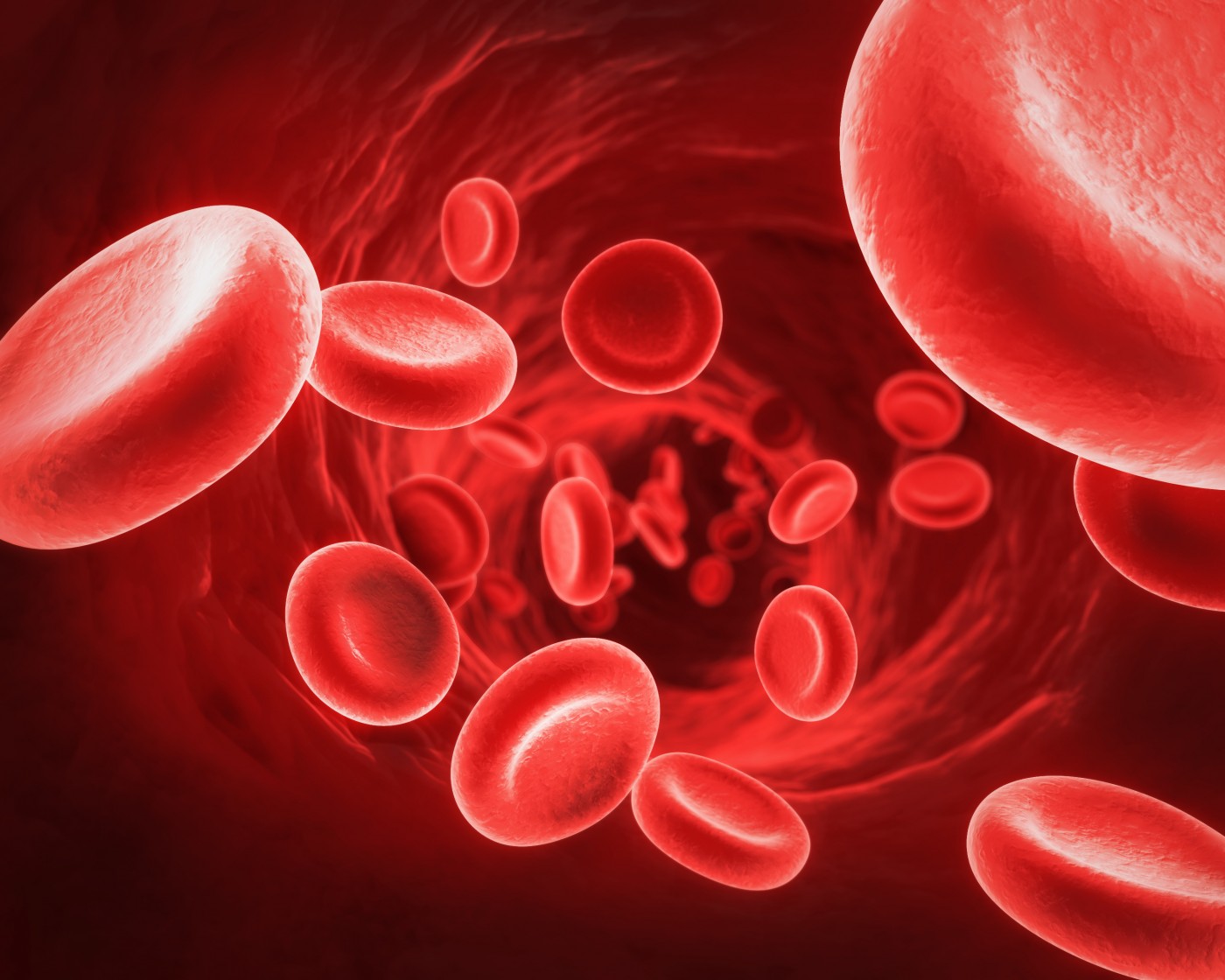Phase 1 Trial Shows Imara’s Potential Therapy Safe for Treatment of Sickle Cell Disease

A Phase 1 clinical trial of Imara’s new investigational drug, IMR-687, showed that it was safe and well-tolerated in healthy volunteers, paving the way for a Phase 2 trial in adults with sickle cell disease (SCD).
Imara, based in Cambridge, Massachusetts, plans to start a Phase 2 trial of IMR-687 in adult SCD patients by year’s end.
Researchers presented new data from this trial (NCT02998450) at the 6th Annual Sickle Cell Therapeutics Conference in New York.
Previous studies of IMR-687 in mice with SCD showed that the drug reduced blood vessel blockage, a typical consequence of SCD that can cause pain, organ damage and early mortality. IMR-687 also increased fetal hemoglobin (HbF), known to improve SCD symptoms, and reduced the tendency of white blood cells to get stuck in blood vessels.
The only approved SCD treatments are hydroxyurea, approved more than a decade ago, and Endari. Bone marrow or stem cell transplants may be an option for younger patients with severe SCD. However, these options have severe and potentially life-threatening side effects or limited efficacy.
Most SCD patients are given fluids and blood transfusions, and are frequently hospitalized as a result. They also receive medications that ease the pain, yet don’t address the underlying cause of SCD.
IMR-687, an oral drug taken once a day, is a phosphodiesterase 9 (PDE9) inhibitor designed to target the same pathway as hydroxyurea, but without its side effects.
“Data from our Phase 1 clinical trial demonstrate we are able to safely dose subjects at levels shown to be therapeutically meaningful in preclinical models,” James McArthur, Imara’s founder, president and CEO, said in a press release. “We believe IMR-687 could represent an important new treatment option for patients in need.”






